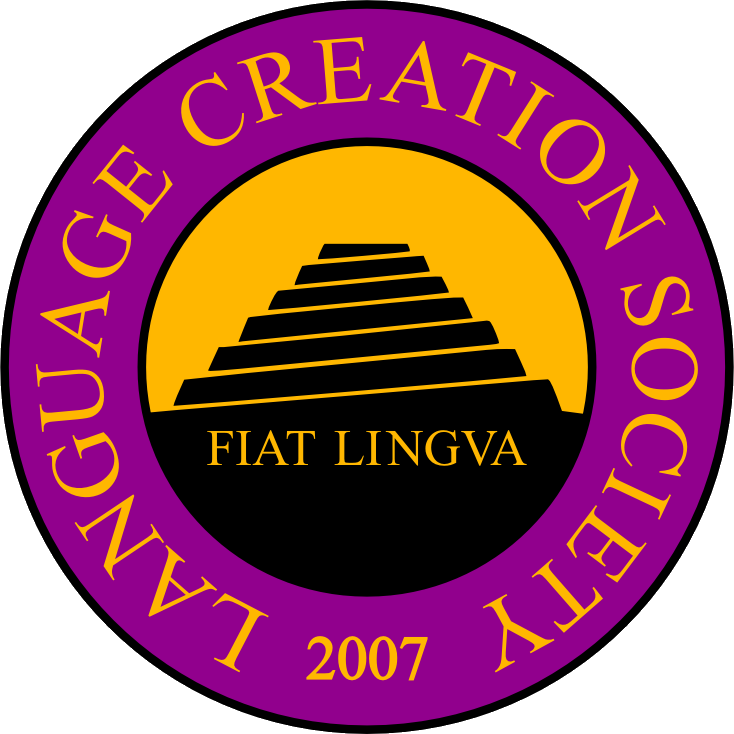The Seventh Language Creation Conference
The 7th Language Creation Conference took place on July 22-23, 2017 in Calgary, Alberta, Canada at the University of Calgary, with local hosts Joseph W. Windsor and Dr. Christine Schreyer.
- The conference video is available here. Live chat (for both on-site and remote participants) was on IRC at Freenode #lcs.
- The schedule of speakers and presentations is here.
- A description of each speaker’s presentation and biographical info is on this page.
- Update: Christine Schreyer unfortunately couldn’t make it to the conference. Instead, Sai & Alex Fink gave a prensentation on UNLWS.
About the LCC
The Language Creation Conference is an international conference discussing issues related to the craft of language creation, or “conlanging”. It includes both fairly technical linguistic discussions as well as more artistic, sociological, or philosophical ones; examples of craft in action; voices from many parts of the conlanging community; and people from all over the world. The conference is open to the public. Preregistration requested. Lunch, snacks, and opportunities to socialize with fellow conlangers will be provided. All proceeds go to the LCS.
What Is Language Creation?
Language creation (or “conlanging” — “conlang” is short for “constructed language”) is the process of inventing and (usually) describing a new language. Though the extent to which a language is created varies, creators might include sound systems, grammars, and writing systems for their languages. Some creators are also interested in cosmogenesis: the creation of cultures and worlds in which their languages are used.
What’s the Point?
People create constructed languages for a number of reasons. Artistic languages are often included in fictional works: for example, Tolkien’s Quenya in The Lord of the Rings or Klingon in Star Trek. International auxiliary languages (auxlangs) are intended for communication between people of different native languages, usually to prevent one being elevated over others or to making learning easier; some famous examples are Esperanto, Ido, and Interlingua. Logical and philosophical languages are used to test linguistic (and other) theories; Loglan and Lojban are well-known examples of the former, and Suzette Haden Elgin’s Láadan is an example of the latter — which she incorporated into the Native Tongue series of novels.
Press
We welcome members of the press and will assist you in researching a story about conlangs or conlangers. Press registration is the same as for any other attendee, but we ask that you identify yourself publicly and briefly let the audience know your affiliation(s) and what you are working on.
Code of Conduct
The LCS expects all attendees to abide by the LCC Code of Conduct.
